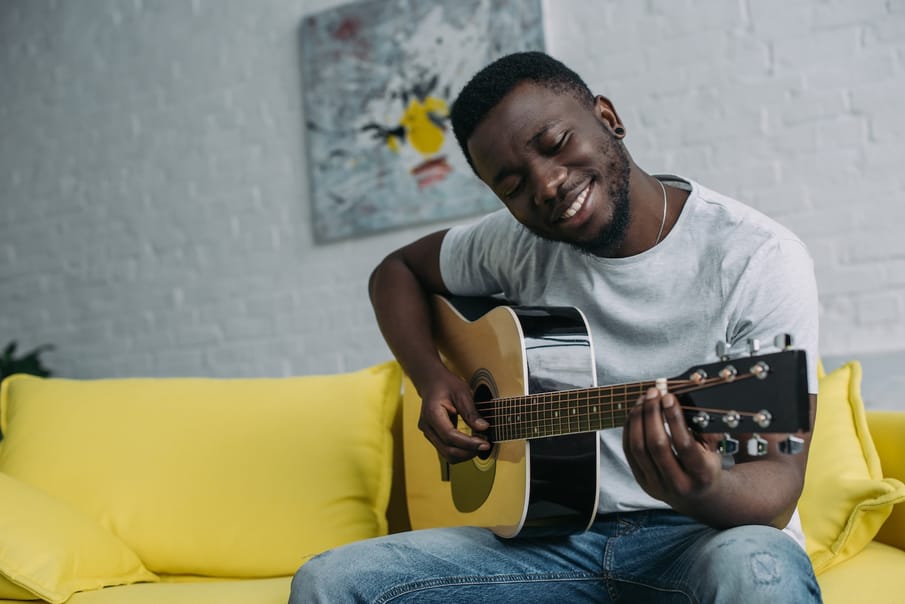Coach and mindfulness teacher Kate Hughes answers your questions on exploring hobbies and finding time for yourself
What are some practical ways someone can start to rediscover their interests and passions?
Life can be such a rush, and the things that make your heart sing often fall by the wayside. When this happens, spending time with yourself in a quiet place can help reset your inner navigation system. Switch off your devices, and find somewhere that feels good – maybe a favourite coffee shop, or a peaceful spot in the woods – and ask yourself: what did you love doing as a child that made time fly by? When was the last time you felt that way?
Take a pen and paper, and note down what makes you feel most alive, then see where it takes you. It’s simple, but it’s a good place to start. You may be surprised to realise that the endless tasks of adult life have dimmed your sense of play, creativity, and curiosity. The next step is finding gentle ways to reconnect with that part of yourself.
How can hobbies benefit our mental health and overall wellbeing?
Finding that place where time seems to fall away, when you’re fully absorbed in something for its own sake, free from self-consciousness, is known as the ‘flow state’. Reaching it can feel magical, and it’s often easier than we realise. The path there, though, is different for everyone.
I might find it on my roller skates (a pair that look remarkably like the ones I had as a child), while you might slip into it through crochet, painting, or something entirely your own. Whatever your outlet, flow brings a deep sense of joy – a product of dopamine release in the brain – and because it anchors you in the present moment, it leaves little room for anxiety to creep in.
Any activity that encourages this kind of mindfulness is profoundly good for us, offering benefits that ripple far beyond the moment itself: greater confidence, resilience, vitality, and a renewed sense of purpose, to name just a few.
What advice would you give to someone who feels guilty about taking time for themselves to pursue hobbies?
We’re often pressured to live a certain way. To work set hours, achieve measurable success, and earn validation through constant doing. And I get it. But, somewhere along the way, we forget that we’re not invincible. We need to care for our precious bodies and minds, because neglecting them is like driving an electric car without ever stopping to recharge; eventually, everything comes to a halt. My own burnout took me there once, and it’s not a place I ever want to return to.
Learning to feel comfortable caring for yourself takes time, but it also grows with practice. Ultimately, finding your flow isn’t just a hobby – it’s an essential part of being human. It’s how we sustain ourselves. Being alive, calm, and happy isn’t a luxury, it’s your birthright.
How can people realistically weave hobbies into busy daily lives, even with work and family responsibilities?
Prioritising ourselves often goes against the grain, especially when we’re caring for others. Personally, I like to make an appointment with myself. It doesn’t have to take long – sometimes it’s just 10 minutes with a hot cup of tea and a wander in the garden, phone-free. Twice a week, I start work a little later so I can enjoy a morning swim. I don’t feel guilty about it; that time in the lake is vital for my sense of wellbeing.
If what you love isn’t practical during the day, look for smaller moments that offer sparks of joy. I adore eating outside, doing a jigsaw, or writing – simple things that take less than 15 minutes, yet feel like precious islands of time in my day.
Use your resourcefulness to create your own islands. Start small, stay gentle with yourself, and remember: this isn’t indulgence. It’s nourishment.


Comments